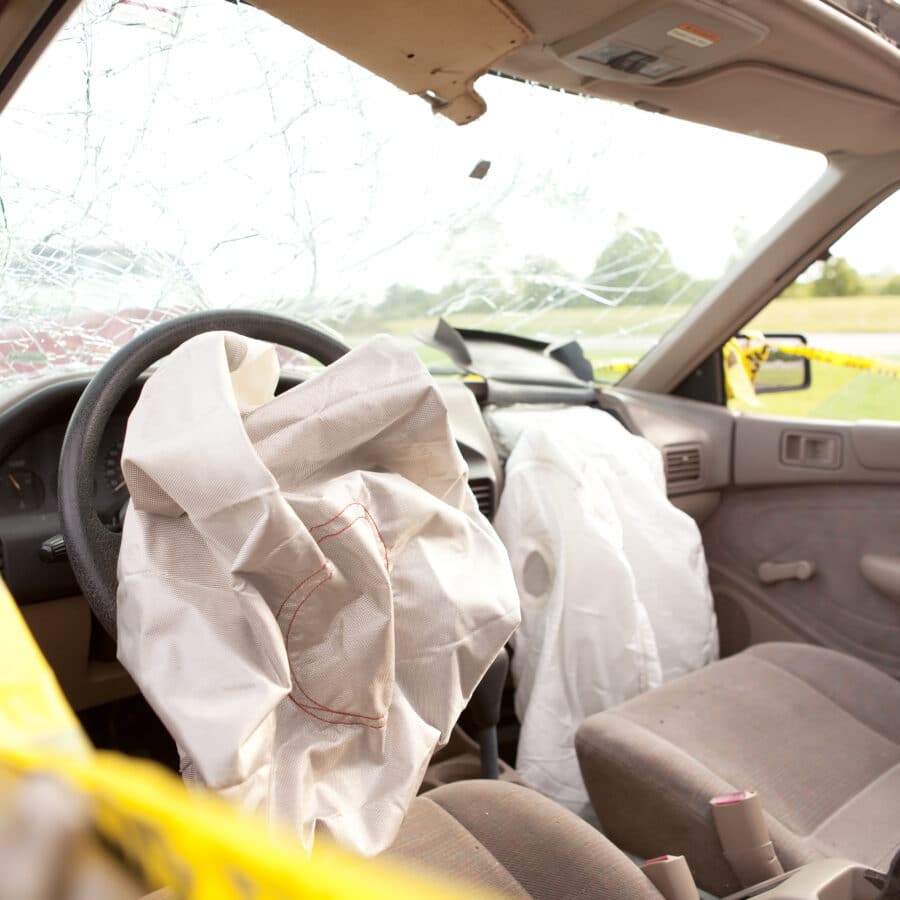Takata airbags, which carry a risk of overpressurizing and exploding if the volatile ammonium nitrate inside is exposed to moisture and heat cycles over time, have so far been responsible for 23 driver deaths worldwide, with more expected. Seven of the fatalities occurred in Malaysia and all involved Honda’s 2003 to 2009 City model – the most recent in May 2018. Of the remaining 16 deaths, 15 were in the United States and one in Australia.
Honda vehicles were involved in all but two deaths – and those two U.S. deaths involved 2006 Ford Rangers, which contained the same type of inflator that killed the Honda drivers in Malaysia, which included a woman who was nine months pregnant. Her baby died two days later. The latest death in Malaysia occurred when a 2004 Honda City crashed into another vehicle and the airbag exploded, sending a metal shard from the canister that houses the ammonium nitrate into the driver’s throat.
To date, there have been more than 300 people injured by ruptures that occurred in recalled Takata airbags. These deaths and injuries highlight failures of the recall system which included manufacturers’ long delays in initiating the recalls, their use of outdated ownership and address information, and the lack of or delayed replacement part availability.
The National Highway Traffic Safety Administration (NHTSA) has admonished many of the manufacturers for not doing enough to make sure airbags are replaced. In May 2018, NHTSA sent a letter to 12 major automakers, warning them that they had not met the December 2017 deadline for completing repairs in high-risk areas – such as Florida – that experience more humidity and heat fluctuations than other areas. The manufacturers included Honda, Toyota, General Motors, Fiat Chrysler, and Ford. The targeted automakers had collectively replaced 65 percent of the affected airbags, leaving about 7 million dangerous airbags on the road.
In July 2018, NHTSA followed up the letter with an announcement urging all automakers involved in the recalls to publicize their plans for replacing all defective airbags and their websites and to be innovative in their efforts to reach owners who were at risk and may not have received the recall information.
To determine whether your vehicle has an unrepaired recall visit https://www.nhtsa.gov/recalls and enter your Vehicle Information Number (VIN). If your vehicle has an open recall, make arrangements with your local dealer to have the free repairs done as soon as possible.
If you suspect that you or a loved one has been the victim of a defective airbag, call the Takata airbag recall lawsuit lawyers at Newsome Melton. We are standing by at 888-808-5977 to set up your free consultation.


